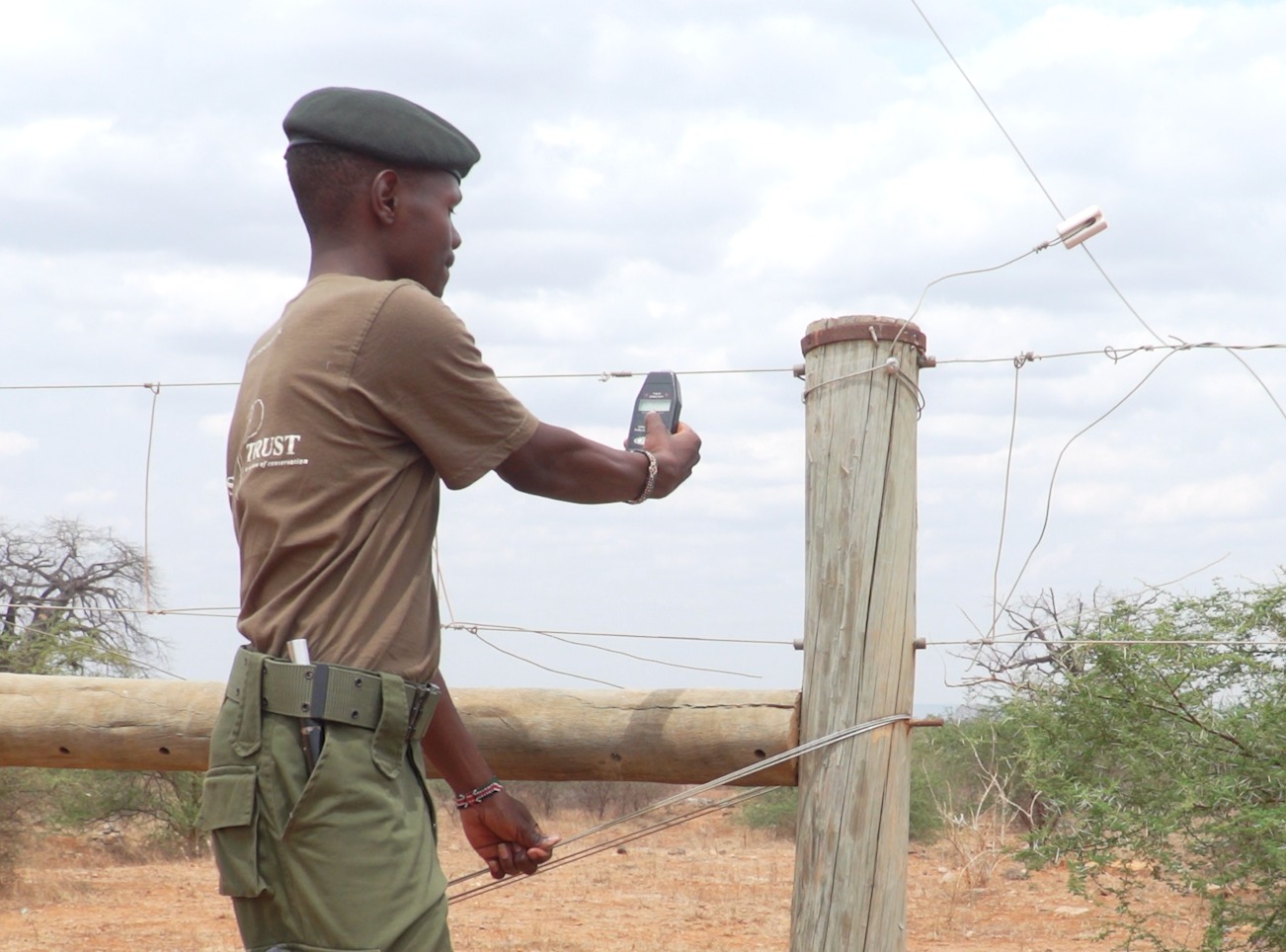
Kenyan jurist Professor Phoebe Okowa elected as ICJ Judge
Kenyan Professor Phoebe Okowa was elected as a judge of the International Court of Justice (ICJ). Her election marks a historic first for a Kenyan jurist and further elevates the country’s standing in global affairs.
Okowa, a highly respected scholar of international law and a current member of the International Law Commission, secured the ICJ seat after a complex voting process in both the UN General Assembly (UNGA) and the UN Security Council (UNSC) on Wednesday evening.
She will fill the vacancy left by the resignation of Somali Judge Abdulqawi Ahmed Yusuf. Okowa defeated three other candidates, reaching the required majority in the fourth round of voting in the UNGA and the third round in the Security Council.
Her nomination was a testament to broad international support, receiving joint backing from eight nations, including South Africa, the Netherlands, Sweden, and Kenya.
Elevating Kenya’s global legal profile
The Kenyan diplomatic and government figures immediately hailed the outcome. Principal Secretary for Foreign Affairs, Korir Sing’oei, praised the outcome as a major boost for the nation.
“This victory demonstrates confidence in Okowa’s judicial competence and Kenya’s standing,” Sing’oei stated. “I commend our New York and Geneva teams for leading the charge and ensuring Kenya’s voice continues to resonate in global judicial forums.”
Her appointment solidifies Kenya’s growing representation in high-level international legal bodies, reaffirming its commitment to multilateralism and the rule of law. She joins a distinguished, yet small, group of African jurists who have served on the 15-member bench of the “World Court,” which is the principal judicial organ of the United Nations.
Distinguished academic and legal career
Professor Okowa brings a wealth of expertise to the ICJ. She currently teaches international law at the University of London’s Queen Mary College and is widely recognised for her work in international environmental law, state responsibility, and dispute settlement. She has advised governments and international organisations on complex transboundary and humanitarian legal matters throughout her career.
She will be sworn in at The Hague in early 2026.
Her term will run until February 5, 2027, completing the remainder of Judge Yusuf’s tenure.






